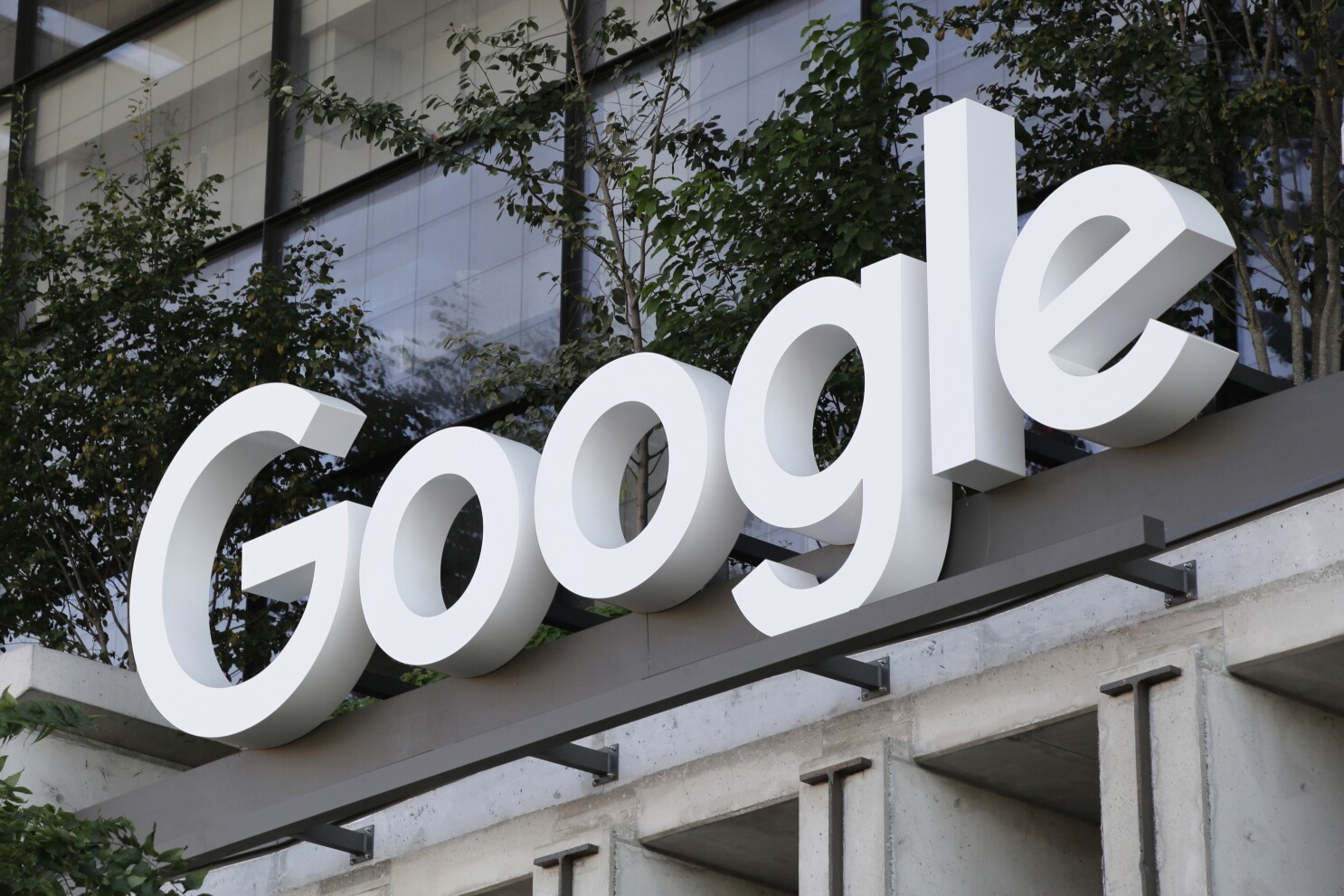The US Department of Justice has launched the largest antitrust case against Google in a quarter of a century. Mikhail Shikhmuradov, an expert at the International BRICS Competition Law and Policy Centre, explains why this case is so important.
The US Department of Justice (DOJ) accuses Google of using its dominant position in internet search to shut out competitors and stifle their innovation potential. The trial is expected to last 10 weeks, with federal lawyers and state prosecutors trying to prove that Google has rigged the market in its favor by setting its search engine as the default choice on various systems (including browsers) and devices.
If Google is found to be in violation of the law, another process will determine the steps to be taken to stop the anti-competitive practice. The tech giant itself claims that it faces extensive competition despite controlling 90% of the US online search market. This huge market share underpins the success of Google's juggernaut advertising business, which generates the majority of the company's $280 billion in annual sales, and has vaulted it to a $1.7 trillion market cap.
In 2013, the US Federal Trade Commission (FTC) concluded a two-year investigation into Google over allegations of biased search results, but no action was taken at the time. Last week, Google reached a settlement with 36 states in an antitrust lawsuit over its app marketplace and the 30% tax levied on software developers.
It looks like the current trial will have far-reaching implications for the tech industry and the adoption of new AI technologies. It is being compared to a similar proceeding against Microsoft in 1998, when the company was accused of trying to maintain a monopoly in the computer operating system market and monopolize a new market with its Internet Explorer browser.
Google's guilty plea could open the door for new players in the search engine market — for example, the Microsoft case led to significant changes in the industry and created opportunities for competing browser developers. From an AI perspective, the global market could reach a turnover of over $1.5 trillion by 2030, at a compound annual growth rate (CAGR) of 38.1%. Therefore, Google's forced change in its practices will create new opportunities for AI startups and other companies working on innovative technologies.
Significant changes could also be seen in the fact that Google will reduce the frequency of ads. This will deny advertisers access to large-scale campaigns, but it will also open up new opportunities for digital marketing and improved user experience, making advertising more affordable.
However, even if the government loses the case, it may have a positive effect: for example, the expert community points out that a large amount of testimony and evidence can already be considered as a remedy, since public scrutiny is itself a form of punishment.





